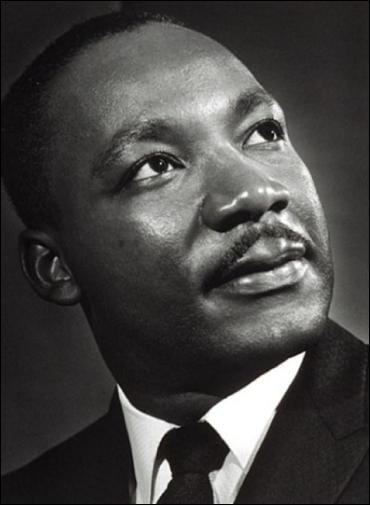 Ever since I’ve come home from India I’ve been on a mission. I want to let people know that culture is alive and well in this age of globalization. Global brands and a common business language cannot overshadow the effects of deep cultural values, norms, and traditions.
Ever since I’ve come home from India I’ve been on a mission. I want to let people know that culture is alive and well in this age of globalization. Global brands and a common business language cannot overshadow the effects of deep cultural values, norms, and traditions.
Before I left on my two-month journey to Bangalore, I’d been hearing the same phrase over and over: “We’re developing an international work culture here at our organization. Culture is important but we’ve been doing business overseas for a long time. We’re global now.”
For awhile I started to consider that they might be right. After all, I did see evidence of that global collaboration throughout my work. But like a little invisible mosquito buzzing in my ear, something about those statements bothered me deeply.
Then I went back to India. Even in Bangalore, a modern city with a plethora of global companies I saw cultural divides, stereotypes, miscommunication, and misconceptions thriving from all sides. Whether it was India working with the US or Germany working with India, culture was having a profound impact on those relationships.
I came home with a renewed sense of excitement about my work. I do believe that global collaboration is possible, but only if we acknowledge cultural differences. To minimize them in favor of an “international work culture” I believe is missing the high potential that comes from multicultural teams.
Yesterday my Principal Consultant Todd Shinholster and I spoke at the German American Chamber of Commerce in Charlotte, North Carolina (http://www.gaccsouth.com/chapter-partner/north-carolina/). The event was hosted and sponsored by The Employers Association, an incredible resource for HR and training services (http://www.employersassoc.com/) and also by Fifth Third Bank (https://www.53.com/), whose slogan we love – “The Curious Bank.” How appropriate for an event on cross-cultural collaboration!
We put our message out there that culture still matters and that ignoring it is not safe or beneficial.
Our wonderful audience confirmed our feelings by sharing their experiences. Many talked of their move from Germany to the United States and how confusing it was to be caught between two cultures. Some still feel that way after twenty years in the U.S. We discussed the difference in meeting styles between Germany and the U.S., with the former preferring an agenda and tight structure and the latter preferring a free flow of ideas with less structure. We role played a performance review with a German manager and an American employee and shared our model for team alignment based on NASA’s Apollo missions.
We urge you to be mindful of culture, but beyond that to relish the rewards it brings.
- Take an assessment to scientifically measure your intercultural capability (https://www.highroaders.com/docs/IDI_what_you_need_to_know.pdf)
- To learn more about German and American cultural differences, check out the book Understanding American and German Business Cultures by Patrick Schmidt.
- Ask your international colleagues questions about their culture; don’t be so afraid to offend that you don’t ask. Use statements like “I’m curious about something…” or “I’d love to understand more about…”
- Check your local paper or news source for international festivals in your area and enjoy the fun aspects of culture.
We would like to thank the German American Chamber of Commerce for having us in Charlotte!
Until next time, enjoy the world around you.






Vicki,
What a beautiful and important message this is, because yes, culture does matter. The more we learn about cultures other than our own, the richer we become in our business and personal relationships. Keep spreading the word in your global collaboration experiences to promote better understanding among as many different cultures as you can. I agree, recognizing and appreciating cultural differences creates better functioning teams. Thank you for this blog.
Thanks! I too believe that culture enriches our everyday experiences. I do not know who I would be without my “teachers” – all of the people of this world.